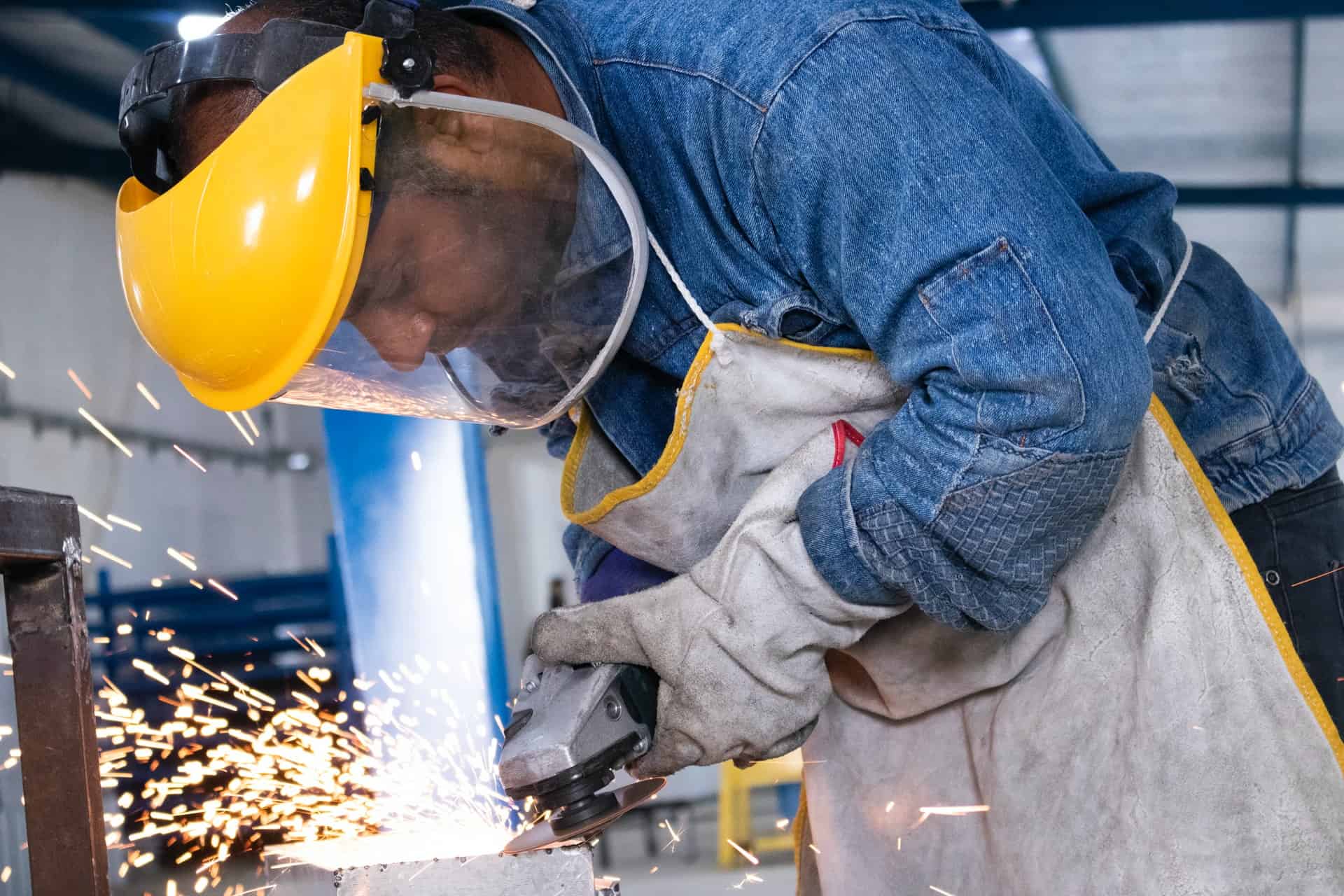
The shrinking manufacturing workforce has plagued the industry even before the Covid-19 pandemic, and the trends aren’t improving.
More than half of companies worldwide have reported talent shortages as of 2020. Today’s problem is simply the peak of a decade-long climb.
So, what’s a manufacturer to do?
The key to making it through the talent shortage is to optimize processes.
As Lean manufacturing consultants, we know that the Lean methodologies are an effective way to not only cope, but thrive.
Why Is Lean Manufacturing The Answer to The Talent Shortage?
When it comes to manufacturing challenges, there’s never a one-size-fits-all answer. However, a Lean model provides process improvement and support in many areas–including labor shortages. Here are just some of the reasons why Lean will keep you profitable, even if you’re struggling to staff your equipment.
Lean Manufacturing Sustains Your Operation With Fewer Resources
The goal of Lean manufacturing is to improve efficiency and grow profit by reducing waste. And part of reducing waste is fully utilizing the time and talent of your employees. Operating within a Lean model means completing your processes with just the right number of workers. When you need fewer employees to keep your operation going, the talent shortage might not affect your business as much.
Automation and robotics can be elements of a Lean facility. Automating certain elements of your manufacturing process also reduces the need for a large talent pool. The consultants at Campbell Corp. recommend automation to some clients, but not all. We tailor our recommendations to your specific needs, goals, and market.
Lean Creates a Scalable Operation
You want to grow your manufacturing operation, and a lack of talent shouldn’t hold you back. Lean principles make your facility scalable.
If you’re ready to expand to a new facility or start producing more products in your existing space, you’ll be able to easily adapt your operation to support multiple locations or accommodate more output. Or you might find that switching to a Lean model eliminates the need to relocate at all.
No matter where you operate, you’ll know exactly how much talent you’ll need to optimize production.
You’ll Put Your Most Qualified Candidates on The Factory Floor
When operating under a Lean model, you’ll focus on quality over quantity. Your company will likely need to hire fewer employees, and the smaller group of workers will include the best talent you can find. Lean allows you the luxury of choice, and you can hire from the top of the pile. The results? More efficient processes, higher quality products, and more satisfied customers.
Lean Models Improve Overall Productivity & Morale
Employees working in a Lean operation work to their full potential. Cutting out excess means less idle time and more output for your workers. They spend less time waiting for resources and more time completing their daily tasks–and this results in a boost in productivity and morale, as well as a decrease in frustration.
Your workers will be more resilient to challenges, like talent and material shortages, over time.
Lean Manufacturing Systems Maintain Predicable Delivery
Many operations are slowing down output due to a lack of talent. But if your facility requires less talent from the get-go, you can maintain predictable delivery through the labor shortage.
Remember, predictable delivery is the difference between sending out most of your products at the end of the month and delivering a steady output of orders every week. The latter equals happy customers.
Keep in mind that professional support from a lean manufacturing consultant will help you establish a predictable workflow and delivery schedule. This is the case during talent shortages, as well as other widespread manufacturing challenges.
Lean Organizations Reduce Lead Time
Lead time is one of the main metrics for Lean manufacturing success. By reducing lead time, you’re getting products into your customers’ hands more quickly. Shorter lead time also means more product sales and better customer satisfaction.
Many companies experience longer lead times during labor shortages. However, by maintaining a Lean operation, you’re accustomed to maintaining production speed with fewer boots on the ground.
Could you sell more products with a faster lead time? Our consultants will help you get there.
How Can You Get Started With Lean?
As with many manufacturing processes, committing to a Lean transformation requires professional support. The Lean project managers at Campbell Corp. are here to take your operation to the next level, so you can thrive through the talent shortage. Contact us today to schedule a no-pressure call with our Lean experts.
